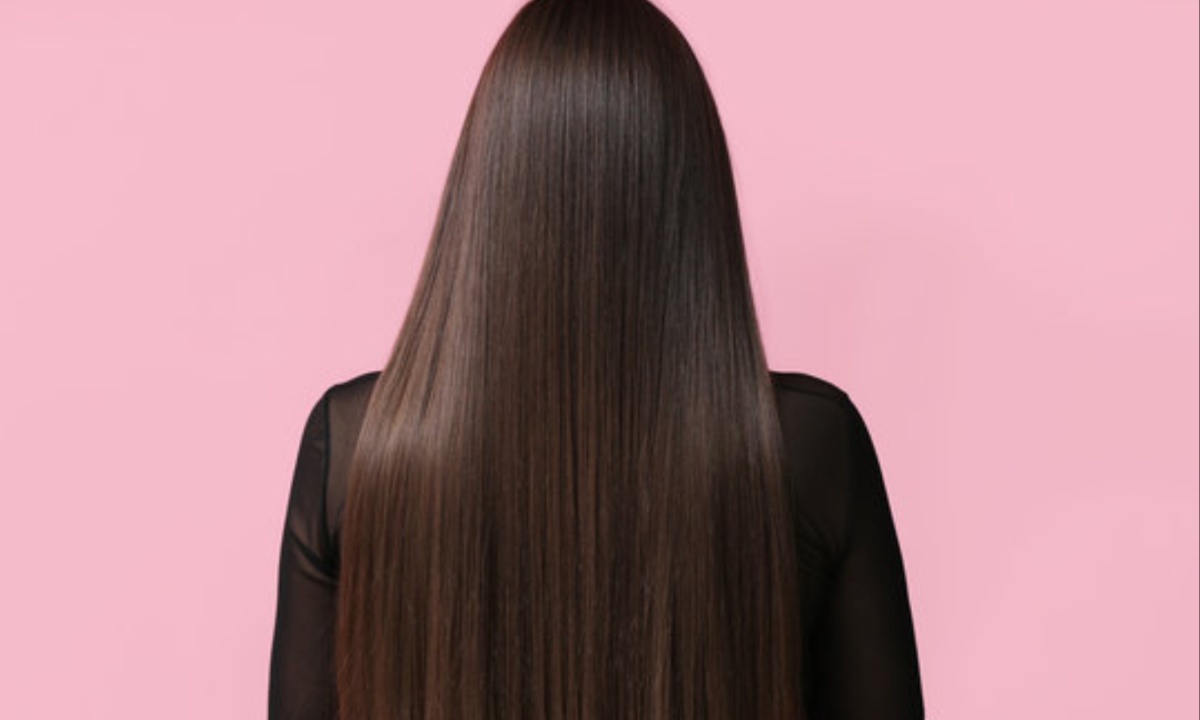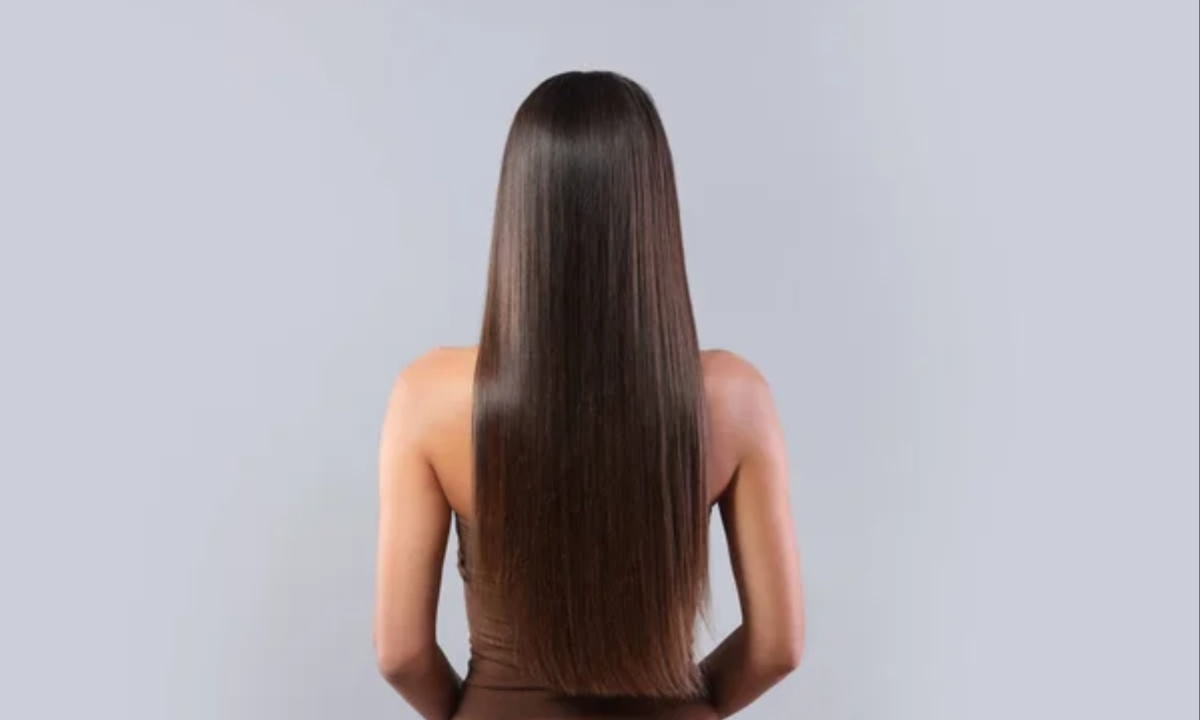A healthy diet plays a crucial role in maintaining vibrant hair, particularly as we age. Lisa Monique, a content creator known for her YouTube channel “In the Garden with LM,” has shared effective strategies for preserving luscious locks in her 50s. While high-quality hair care products can significantly enhance hair appearance, Lisa emphasizes that dietary choices should not be overlooked.
One of her top recommendations for healthier hair is increasing protein intake. As women approach menopause, they experience hormonal fluctuations that lead to various physical changes, including loss of estrogen, bone mass, and muscle mass. These changes can also result in thinner hair texture. Lisa advocates that boosting protein consumption can help counteract these adverse effects, promoting stronger and healthier hair.
According to Harvard Health, the Recommended Dietary Allowance (RDA) for protein is 0.36 grams per pound of body weight. This recommendation serves as a baseline to meet essential nutritional needs. However, Lisa suggests that women may benefit from consuming between 0.45 to 0.55 grams of protein per pound. She believes that this increase is simple to achieve through various dietary adjustments, especially if people find it challenging to incorporate more meat or eggs into their meals.

For those struggling to consume enough protein, Lisa recommends options like protein powders, which can easily be added to shakes. Vegan alternatives, such as lentils, are also encouraged. By diversifying protein sources, individuals can improve their hair health without significantly altering their diet. The Independent Pharmacy supports Lisa’s claim, noting the link between protein and hair health, particularly in relation to keratin.
Keratin is a crucial structural protein found in hair, skin, and nails, composed of long chains of amino acids. Hair follicles rely on these amino acids, which are synthesized into keratin during hair growth. A deficiency in protein can hinder the production of strong keratin, leading to brittle hair that is more susceptible to damage. Thus, maintaining adequate protein intake is essential for the regeneration of hair cells and supporting normal growth cycles.
To boost protein consumption, Lisa suggests incorporating a variety of foods such as beans, peas, lentils, nuts, seeds, lean meats, fish, dairy products, and soy. This variety not only helps meet protein needs but also contributes to overall health. Adopting a diet rich in these foods can lead to visible improvements in hair texture and strength.
Lisa Monique’s advice underscores the importance of dietary considerations in hair health. As hormonal changes occur during menopause, increasing protein intake can help mitigate the negative impacts on hair quality. A balanced approach that combines dietary improvements with effective hair care products can lead to luscious, vibrant hair at any age.
